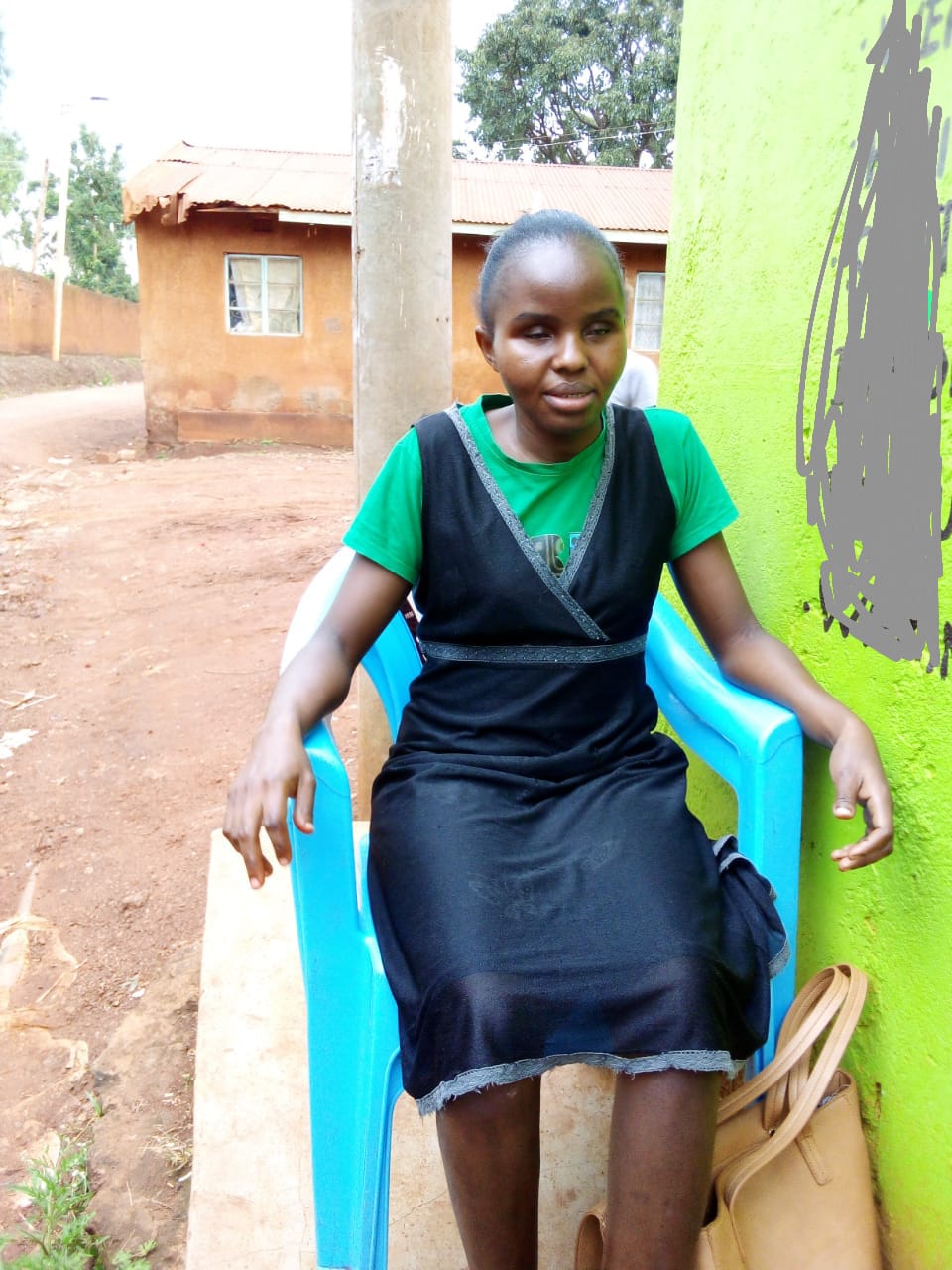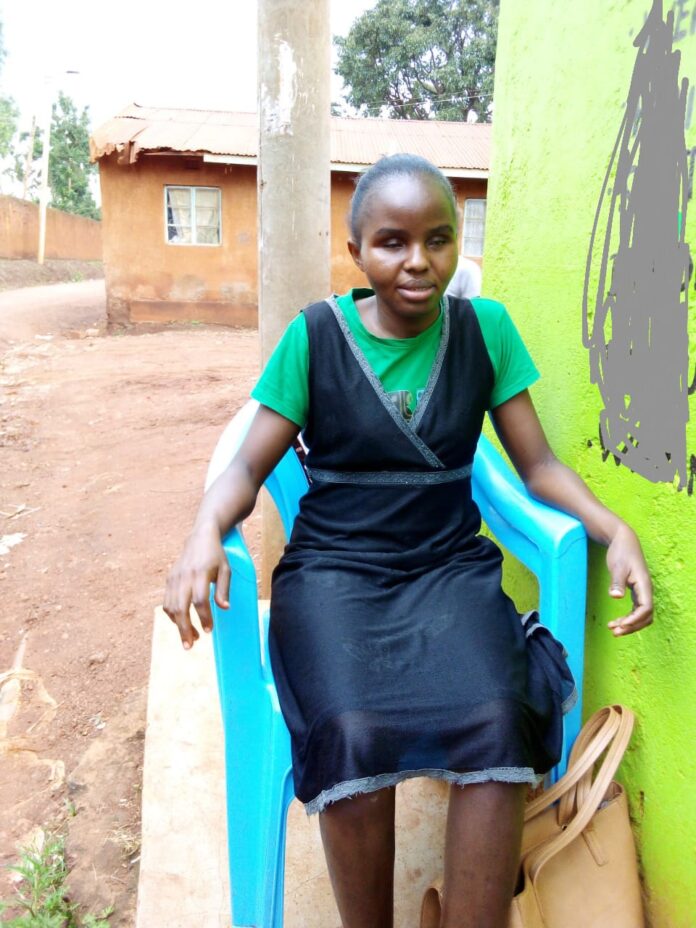By Scovian Lillian
Busia County, Kenya: The 2019 Census report shows that 2.2 people of the 0.9 Kenyan population have some form of disability. The census results indicate that 1.9 percent of men have a disability compared with 2.5 percent of women. This was captured in a 2021 status report on disability inclusion last year.
The report also shows that more persons with disabilities live in rural areas than in urban areas, with prevalence rates by residence showing that 2.6% (0.7 million) Kenyans in rural areas and 1.4 percent (0.2 million) in urban areas have a disability.
Most of the 2.2 percent of people with disabilities have difficulties finding jobs to sustain themselves despite having the qualifications and abilities to work efficiently. The Kenyan job hunting fields remain highly competitive and grapple to find positions due to discrimination as a result of their disability.
Janet Muhonja, who is blind, has struggled to find a permanent and well-paying job since she graduated from college in 2012 with a certificate as a telephone operator. The Busia resident has interned at the Kenyatta National Hospital, the National AIDS and STIs Control Programme (NASCOP), and the Ministry of Labour, but she could not secure jobs at these institutions.
She has applied for the posts of office messenger and village administrator but was unsuccessful. After a series of unsuccessful job hunts, she eventually got a job in 2017 at Busia County as a telephone operator. However, she says the job is limiting and that some of her rights are trampled on.
“I was limited from working fully. I worked once or twice a month yet I was supposed to work fully and daily like other workers. Nobody told me why that happened. Right now I am jobless since the new county government took over. Sometimes I could go for months without payment, yet I did my work just like my colleagues without disability,” she said in an interview.
Janet is hopeful that she will get a permanent job someday but intends to start a business or open and register an organization and use it to bid for government tenders.

Evans Okoit from Busia County has a physical disability and has also tried to apply for jobs but he has been unsuccessful. He is currently a volunteer health worker at Plant Village, an agricultural non-governmental organization in Teso. Evans is passionate about farming.
“In 2017 I applied for the village administrator role where I was shortlisted and interviewed but sadly I did not clinch the role”, he says. After years of searching for a job unsuccessfully, he now believes that jobs are advertised for formality and that successful candidates are usually pre-determined. His belief is that opportunities are not based on merit.
“Most people with disabilities are discriminated against at academic levels and tribal lines. I think employers should give equal chances to PWDs so that they can work as they continue to empower themselves academically. I, for example, have a certificate in Agriculture from Kitale Technical Training Institute, and I have currently been enrolled in a Diploma course at Bukura Agricultural College,” he says.
The two cases above form a backdrop of many other persons with disabilities struggling with the burden of unemployment.
Ronald Obiero, the chairman of PWDs in Busia County, says that he has raised concerns over unemployment issues among other PWDs with both the County and national governments through the National Council for Persons with Disabilities, but little has been done to bring down the unemployment numbers that keep rising daily. He believes that there is still a long way to go in tackling these issues and adds that very few people with disabilities are employed by the County Government of Busia.
A recent report by Agha Khan East Africa Institute on the unemployment rates in Kenya shows that the unemployment rate amongst the youth surveyed in 2016 was around 55 percent, compared to estimates for PWDs which reveal that unemployment rates were about 40-60 percent higher. [ Link to the report https://www.aku.edu/eai/Pages/kenya.aspx]
According to the current Kenyan law, at least five percent of all casual, emergency, and contractual positions in private and public employment sectors should be reserved for persons with disabilities to enhance employment.
The Government of Kenya also recognizes disability inclusion as a prerequisite to the achievement of the Sustainable Development Goals and its central pledge to enhance equal opportunities, inclusion, justice, and economic growth.














